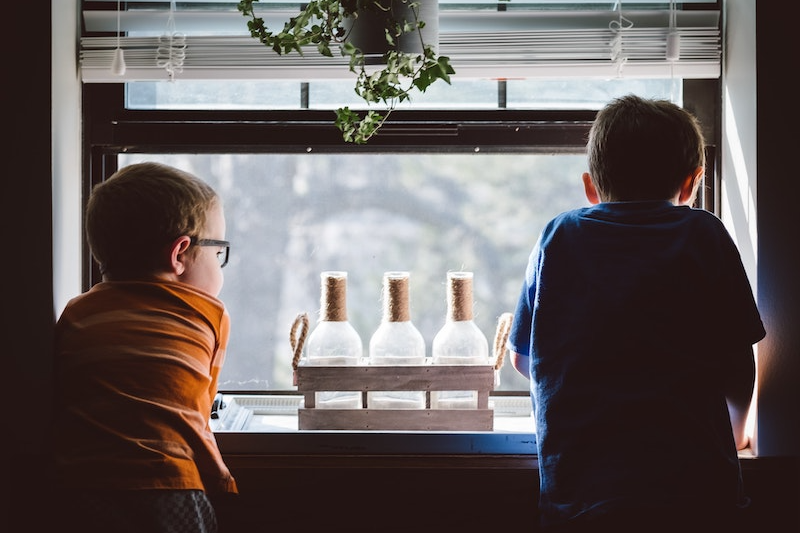Family Life During the Pandemic (1/5): Keeping It In the Family
-
-
Annette Byford
Families are now facing one of two highly pressurised new realities: not seeing each other at all, or seeing each other all of the time. How might our clients’ families be responding to the imposed changes, and how can we help them adjust? Psychotherapist and author Annette Byford begins a five-blog series on the family system during the coronavirus crisis with a consideration of coping mechanisms, and how separateness and togetherness have individual meanings for each of us.

Living with the Covid-19 virus and adopting social distancing or even social isolating behaviours is leading to new and challenging circumstances for both ourselves and our clients. Families in particular have to deal with two opposite social and emotional scenarios with their own distinct pressures: too much proximity and too much distance.
This can bring with it a rupture of contact, with elderly and otherwise vulnerable relatives having to be suddenly ‘shielded’ from any form of direct physical togetherness with their children, grandchildren and friends. It also, however, pushes family groups who live together into close, uninterrupted and prolonged proximity. If we have to cope with not seeing grandparents, grandchildren, friends and family on the one hand, we may on the other have to cope with seeing the people we live with all of the time, sometimes in cramped conditions with no outside space easily available.
All of this is happening under the real pressures and anxieties about our own health and that of people who matter to us – about finances, the future of jobs, the practicalities of continuing our lives as best as we can.
As psychotherapists, we know that we all react to external real danger by activating coping mechanisms that we learned a long time ago. The real danger finds something inside us, and whatever we feel, think, do will be a mixture between what is out there and what has been waiting inside us. This goes for family groups just as much as for individuals.
Families, for example, will have developed their own ways of being with each other under normal circumstances. Often this includes creating the right balance of togetherness and giving each other space – having activities and contacts outside of the family, and projects that are not necessarily shared with other family members. Now all of this has to be renegotiated.
Not only does the current situation create a pressure cooker of uninterrupted togetherness, these old escape strategies are not available anymore. Individual members may have their own coping devices, not all of them helpful, such as increased controlling strategies, OCD behaviours, clinging and seeking reassurance, substance abuse and manic denial, to name a few.
What can we do as therapists to help people manage this situation?
We can help clients develop functional rather than dysfunctional strategies, both for individuals and the family as a system.
We may also need to focus on the meaning our clients give this crisis: enforced solitude may merge with a pre-existing terror inside us of being cut off, alone and abandoned, whereas the next person may feel a certain amount of relief at social pressure being lifted. Enforced togetherness may in one person meet a terror established long ago of being engulfed, crushed and controlled, whereas another may find it reassuring and protective. Fear of the outside threat may rekindle deep fears of loss, separation or a sense of overwhelming persecution.
It is not just what happens now that frightens our clients, but the system of core beliefs about themselves and the world that they have developed a long time ago. As psychotherapists, we need to keep an eye on both of these aspects of our clients’ reactions.
Over the next four Fridays, I will be considering the impact at this time of absent family members, enforced togetherness, dysfunctional responses in families and, lastly, creative solutions.